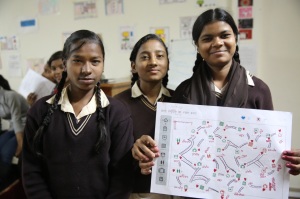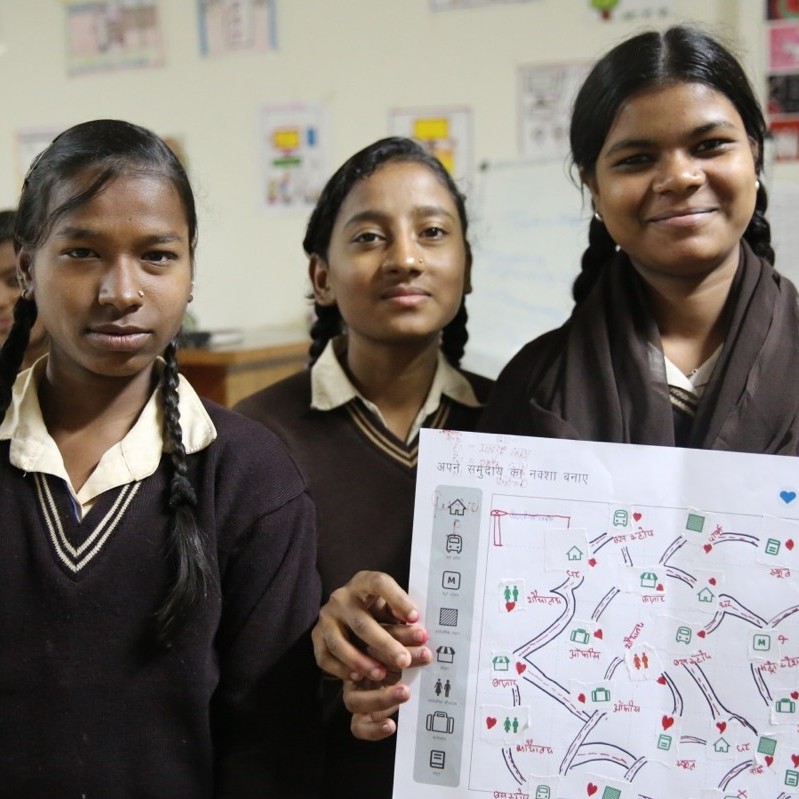
Recently, Tulane and New Orleans community members alike headed to the LBC to watch Tulane’s production of “The Vagina Monologues.” Composed from interviews of over 200 women living across the globe and performed in 140 countries in 50 languages, the show’s huge success speaks to the power of sharing common experiences. These experiences can make us laugh and they can make us cry. But most importantly, they can make us think. If many women feel a universal connectedness based on shared experiences, we can look at global solutions to gender-based problems in order to address issues relevant to us, here on Tulane’s campus.
IDEO.org, a global design and innovation firm, wants to make sure that girls in Delhi and Haryana, India feel safe and empowered. “Safe and empowered” – not the easiest feelings to articulate… for anyone, anywhere. In order to facilitate this conversation and uncover the urban environments ripe for design solutions, IDEO.org’s research team created two map-making freestyle-mapping prototypes to guide their interviews. They simply asked the interviewee to draw a map of their community, and differentiate between areas that are safe and unsafe for women using symbols like hearts and Xs. Afterward, the researchers used the map as a guide to compare and contrast different places and understand why some areas are perceived as safer than others.

Safety and empowerment can be tough subjects for individuals to open up about, especially in the context of gender. Maps ground the conversation in reality while simultaneously allowing protection from intrusiveness for those that may feel less comfortable talking about sensitive subjects. Filling in the maps also allows for a rediscovery of the sometimes-subconscious choices we make when we build our daily routines in order to avoid, mitigate, or ignore whatever threats exist in our lives and our communities.
From Delhi to New Orleans, how can we have the much-needed conversation about gender, safety, and empowerment? We know from Tulane’s production of “The Vagina Monologues” that many women around campus both need and want this conversation to happen – and they don’t want it to stop until problems have been solved. How would your peers fill out their map? Innovative solutions develop by knowing exactly where problems come from. So, what will you find?
